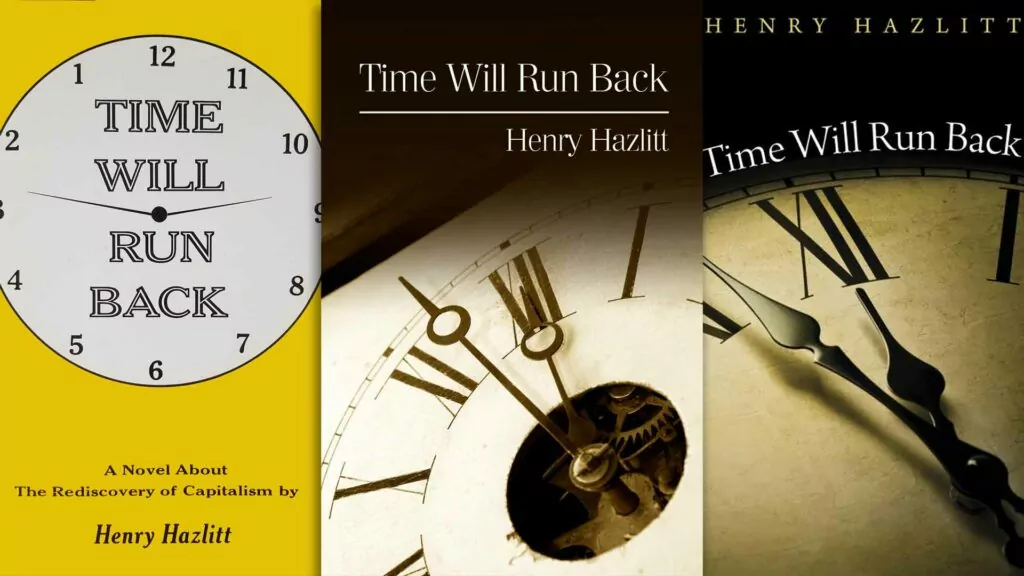Roses are red…
They come in red,
Also yellow.
For the right gal,
Risk red, fellow.
Deep thoughts from Cookie Monster
- “It weird that we cook bacon, and bake cookies.”
- “Cookie dough is the sushi of desserts.”
- “Surely if tomato is fruit, that make ketchup a jam.”
- “What was the best thing before sliced bread?”
Caterpillars are crazy cool
The wonder of how caterpillars become butterflies is so mysterious that in 2009 zoologist Donald Williamson suggested, in the journal Proceedings of the National Academy of Sciences, that butterflies and caterpillars were, basically, two different organisms that at some point in their evolution accidentally mated. His theory was ridiculed by others, and the same journal published a rebuttal soon afterwards, but it highlights just how wonderfully weird caterpillar/butterflies are – evolutionists are left grasping at straws to explain them.
When a caterpillar undergoes metamorphosis, the caterpillar parts of its DNA are described as being “turned off” and the butterfly parts are then turned on – it undergoes a complete remodeling. In fact, if a caterpillar were to lose a leg, it would have no impact on how many legs it would then have in butterfly form. There are two complete and utterly different bodies, wrapped up in one amazing creature.
Our God is amazing…and fun!
Source: Ted Olsen’s “Are Butterflies a New Creation” posted to ChristianityToday.com on Feb 19, 2014
Facing insults I
When Jesus told us to turn the other cheek in the face of personal attacks (Matt. 5:39) He gave us a very powerful witnessing method. One of the most effective ways to respond to ad hominum attacks (or in plain English – insults) is to simply absorb the insult. Don’t get angry, don’t strike back, just absorb it and go on.
This approach can be incredibly effective. For example when Roseanne Barr, the infamous comedian, stated that pro-lifers were all a bunch of perverted old men who just wanted to force women to get pregnant so they could molest their kids, the proper response was not indignant rage (although that is an understandable response). As pro-life speaker Scott Klusendorf demonstrated, the proper response is to absorb the insult and get back to the main point:
“Yes Roseanne, the pro-life movement is just a bunch of perverted old men – even all the pro-life women – and all we want to do is molest your kids…but what does that have to do with whether or not the unborn are human?”
Someone might call Christians stupid. Turn the other cheek, absorb the insult, and respond: “Maybe I am stupid…but can you show me why I’m wrong?”
Insulting you is simply a way for unbelievers to avoid dealing with the rather uncomfortable truth you are confronting them with. So let them denigrate you, and keep the focus on the truth.
Best dad joke ever?
When does a joke become a dad joke?
When the punchline becomes apparent.
There’s something about the beat
About a dozen years ago, around 2012 or 2013, I went through the year’s top 100 songs with a group of college-age young people. Someone had excerpted clips from each hit and then strung them all together, and the challenge I pitched the group was to identify how many songs were clearly attacking God’s truth, and how many weren’t. Each clip was only something like 10 or at most 20 seconds long. Yet in just that blink of time, of the first 10 songs we heard, something like 8 were clearly wicked, I think one might have been an instrumental, and one was okay… at least for the ten seconds we heard. At least 8 out of 10 were simply evil. What is it about Pop/Rock that has it trending in this direction?
And lest you think that’s a recent turn, Jamie Soles shared on his blog (jamiesoles.substack.com) that the top 10 nearly a half century ago weren’t any better.
“1979 was a bad year for the Canadian and American public. The number one song, the song they loved the most, was a guy lusting after an underage girl (My Sharona – The Knack); the number two song was celebrating prostitution (Bad Girls – Donna Summer), number three was a mindless dance song (Le Freak – Chic), the number four song was Rod Stewart hitting on everybody (Do You Think I’m Sexy?), and Gloria Gainor got dumped by some guy in the number six song, and she is ANGRY about it (I Will Survive). In number seven, Donna Summer is back, declaring how she will sleep with any man who is warm (Hot Stuff), and in song number ten the girly-voiced Robert John is sending his illicit lover out the back door while his wife is coming in the front, all the while encouraging her to remember with fondness the good times they had (Sad Eyes).”
Might it be better now? If you run your own experiment with this year’s hits, I’d love to hear about your results.
How do you witness to a Jehovah’s Witness?
In one of his many YouTube videos, Ray Comfort highlights a simple, biblical way to confront the JW at your door about their belief in salvation by works. He asks them what he could do to be saved if “there’s a knife in my back.” Can they tell him how he could enter the Kingdom of Heaven if he had just three minutes left to live?
Their answer? There is nothing to be done, because he doesn’t have time left to do the good works necessary. So Comfort then asks:
“What about the thief on the cross? He was dying; he got saved. He just turned to Jesus. He couldn’t go anywhere. And he was saved by God’s grace, and that’s how you and I can be saved. It’s not by works of righteousness that we do – how can we earn everlasting life? It’s a free gift of God.”
Roses are red II
Violets are blue
So we are told
Are they lonely
Or simply cold?
Adam’s rib
Since Eve was created out of Adam’s rib there is a popular but erroneous misconception that men today have one less rib than women. Interestingly, even Adam might not have been short a rib: this bone, if carefully removed leaving the surrounding periosteum membrane intact, can grow back.
Facing insults II
Another very effective way of responding to insults is to ask for a definition.
“Umm… you just called me a homophobe – I’m not quite sure what you mean by that. Could you explain?”
“It means you’re scared of homosexuals!”
“But I’m standing right here talking to you. Do I seem scared of you? If that’s the proper definition it doesn’t seem to apply to me, does it?”
“Well, then you’re an intolerant bigot!”
“I’m sorry, but I’m confused again. Could you explain what you mean by ‘intolerant’?”
“It means you hate anyone different than you.”
“Well, I do disagree with you but I hope I’m not coming off angry or hateful. Is disagreement the same thing as hate? Because if it is, well, then since you disagree with me, you must be hateful, and consequently an intolerant bigot as well. Is that right?”
Newspaper finds
Some headlines and newspaper ads from years past…
- Catnapper prowling community, owners fear
- Gambling alone won’t draw crowds
- ’83 Toyota hunchback – $2000
- Lawyer says client is not that guilty
- Grocery stalker wanted
- Free puppies: ½ cocker spaniel – ½ sneaky neighbor dog
So good someone should have said them
Some of the very best quotes may never have been said. Or, at least, not by the folks they are linked to. For example, Luther, when asked to recant his writings, declined, and is said to have told the Emperor, “Here I stand. I can do no other.” While the sentiment is certainly Luther’s, whether this verbiage came from his lips is up for debate. What follows are quotes whose origins are disputed, but whose awesomeness is certain.
- “Comparison is the thief of Joy.” – attributed, but disputed, to Theodore Roosevelt
- “Silence in the face of evil is itself evil: God will not hold us guiltless. Not to speak is to speak. Not to act is to act.” – attributed to Dietrich Bonhoeffer, but seemingly never sourced
- “If I profess with the loudest voice and clearest exposition every portion of the truth of God except precisely that little point which the world and the devil are at that moment attacking, I am not confessing Christ, however boldly I may be professing Christ. Where the battle rages, there the loyalty of the soldier is proved, and to be steady on all the battlefield besides is mere flight and disgrace if he flinches at that point.” – commonly attributed to Martin Luther, it is by Elizabeth Rundle Charles, in her novel The Chronicles of the Schonberg-Cotta Family
- “You don’t have a soul. You are a soul; you have a body.” – attributed to C.S. Lewis, but seemingly not found in his writings
- “When people stop believing in God, they don’t believe in nothing – they believe in anything.” – attributed to G.K. Chesterton, but likely originating as a summary of his thoughts by biographer Emile Cammaerts
Roses are red III
If you believe
Violets are blue,
What color are
Oranges to you?












